Ohio Farm Bureau Podcast: Racing to County Fairs and a Federal Policy Update
Get an update on what to expect at the county fair tracks this year, Plus, find out about legislation that will have a direct impact on farmers.
Read MoreOhio Farm Bureau members recently made their case for property tax relief during testimony before the Ohio Senate Ways and Means Committee. In addition, Farm Bureau leaders met with Ohio House members as the representatives continue to explore pathways forward for CAUV reform. Farm Bureau is seeking changes to the state’s Current Agricultural Use Value (CAUV) formula, which in recent years has threatened the viability of family farms.
Ohio farmers saw a 307 percent increase in property taxes between 2008 and 2014. Those higher taxes are now being paid at a time when some farm crop prices have fallen as much as 50 percent.
In testimony before the Senate Ways and Means Committee, Farm Bureau State Trustee Mike Bensman told lawmakers, “For those of you who have worked in small business, ask yourselves if you would be able to manage a tax increase of 300 percent. It’s not an easy thing to budget for.” Bensman and his brothers are the fourth generation to farm in Shelby County where they currently operate 4,000 acres of crops.
Katherine Harrison owns a small livestock farm in southeastern Franklin County and also is a Farm Bureau state trustee. She recently repurchased a portion of the family farm where she will be the fifth generation to work the land. “I anticipate (the farm) can bring in about $180 per acre per year. The taxes run approximately $120 per acre per year. That leaves a possible net of $60 per acre per year to pay down a loan for $300,000 to purchase the land.”
The Farm Bureau leaders testified on Senate Bill 36, which would remove incorrect assumptions in the CAUV calculation formula and make the formula less affected by non-farm factors. The bill would also remove a disincentive for farmers to adopt practices that protect water quality.
The hearing took place when nearly 300 Farm Bureau members were in Columbus for their annual legislative visits. In meetings in lawmakers’ offices, the farmers shared their personal stories about the tremendous burden being felt by family farmers throughout Ohio and asked for their help in reforming CAUV.
“CAUV has become the absolute No. 1 issue for our members,” Bensman said.
“Farmers are deeply vested in and play a vital role in our community,” Harrison added. “Part of the responsibility of being a steward of the land, is paying appropriate levels of taxation. But the current tax situation creates pressures that make it more difficult for small farms to remain.”
This is a news release for use by journalists. Questions should be directed to Joe Cornely, 614-246-8230.
Editors: A high resolution photo is available to accompany this story.
Photo caption: Ohio Farm Bureau State Trustee Katherine Harrison, from Franklin County, offered testimony before the Senate Ways and Means Committee on behalf of Farm Bureau members in Ohio who are facing record tax increases on their farmland. Ohio farmers saw a 307 percent increase in property taxes between 2008 and 2014.

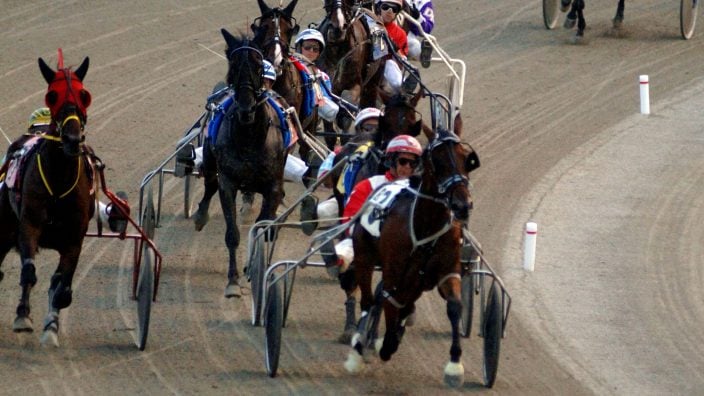
Get an update on what to expect at the county fair tracks this year, Plus, find out about legislation that will have a direct impact on farmers.
Read More

The proposed tax package makes permanent several provisions from the TCJA that were previously set to expire. It also expands upon these provisions to provide additional opportunities.
Read More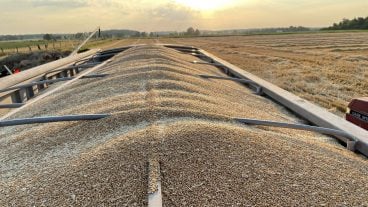
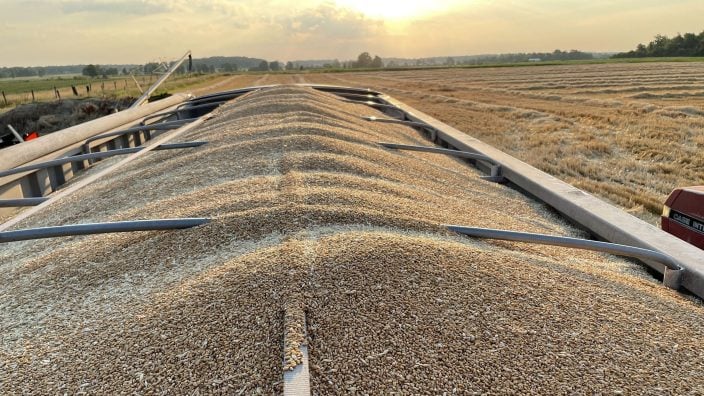
Who must pay the CAT tax? What are taxable gross receipts? How and when are CAT taxes due? This article provides a brief overview of Ohio’s Commercial Activity Tax obligations.
Read More

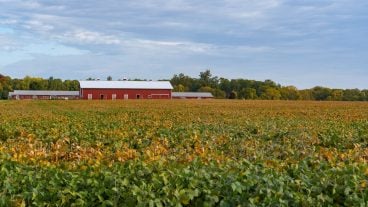
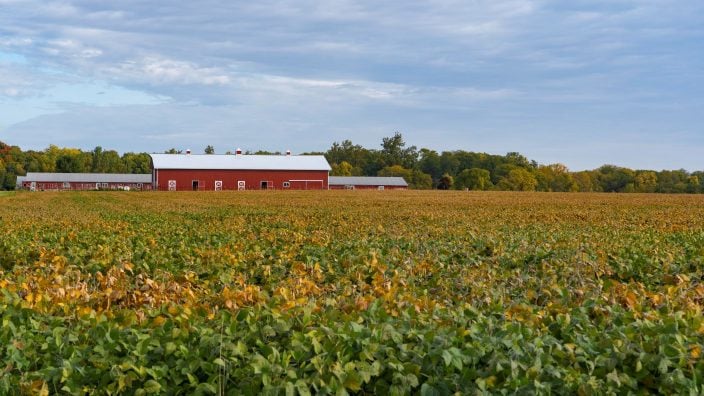
To ensure that your farm and family receive competent guidance, proactive scheduling will be critical in the early part of 2025.
Read More

Ohio Farm Bureau is continuing to work multiple channels to address concerns around CAUV – particularly the issue of values spiking significantly.
Read More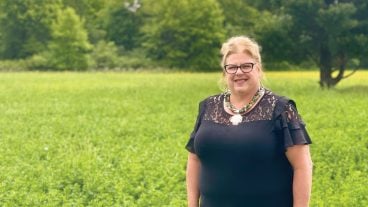
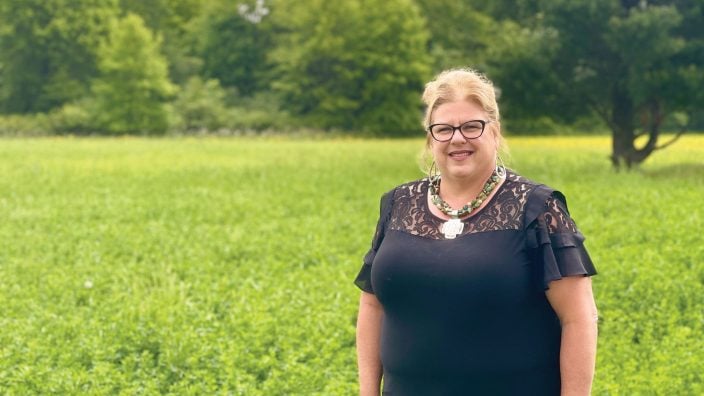
Kelly Tennant’s story starts as many others in agriculture do, but her current day job impacts Ohio ag more than most.
Read More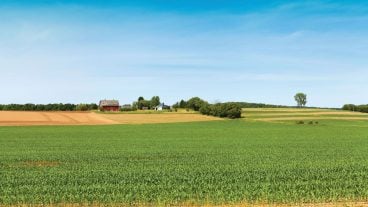
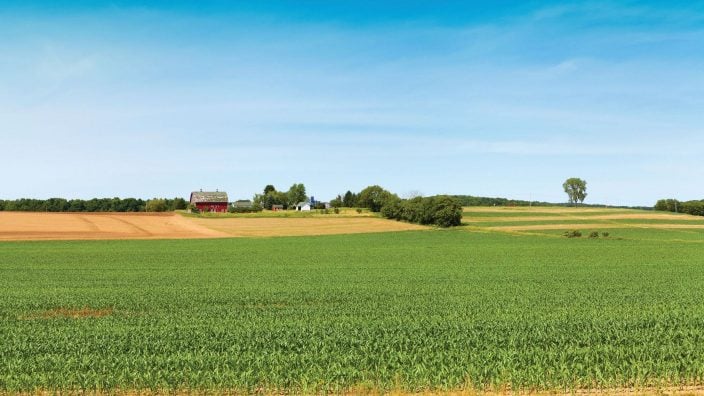
Learn more about eligibility and how to include conservation practices on CAUV enrollment forms.
Read More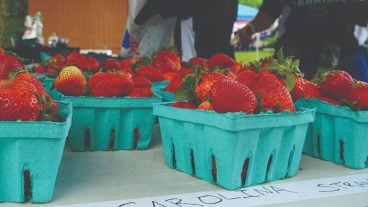
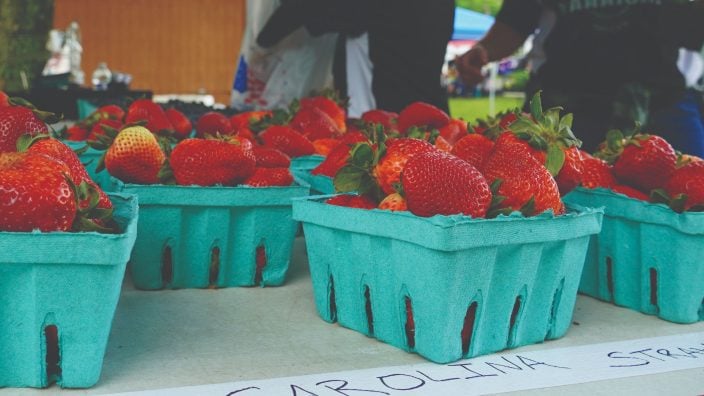
Bob and Polly Givens are on a mission to inform small landowners-homesteaders of the advantages of CAUV.
Read More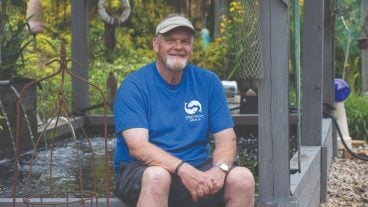
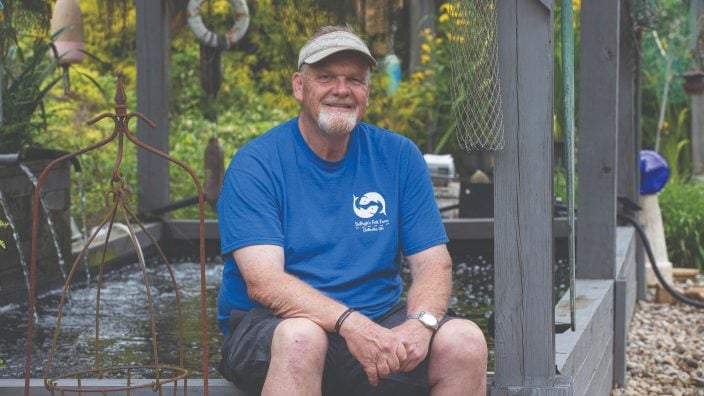
Mark DePugh was on the fence about renewing his CAUV enrollment, until he realized the amount of tax savings he would be missing.
Read More